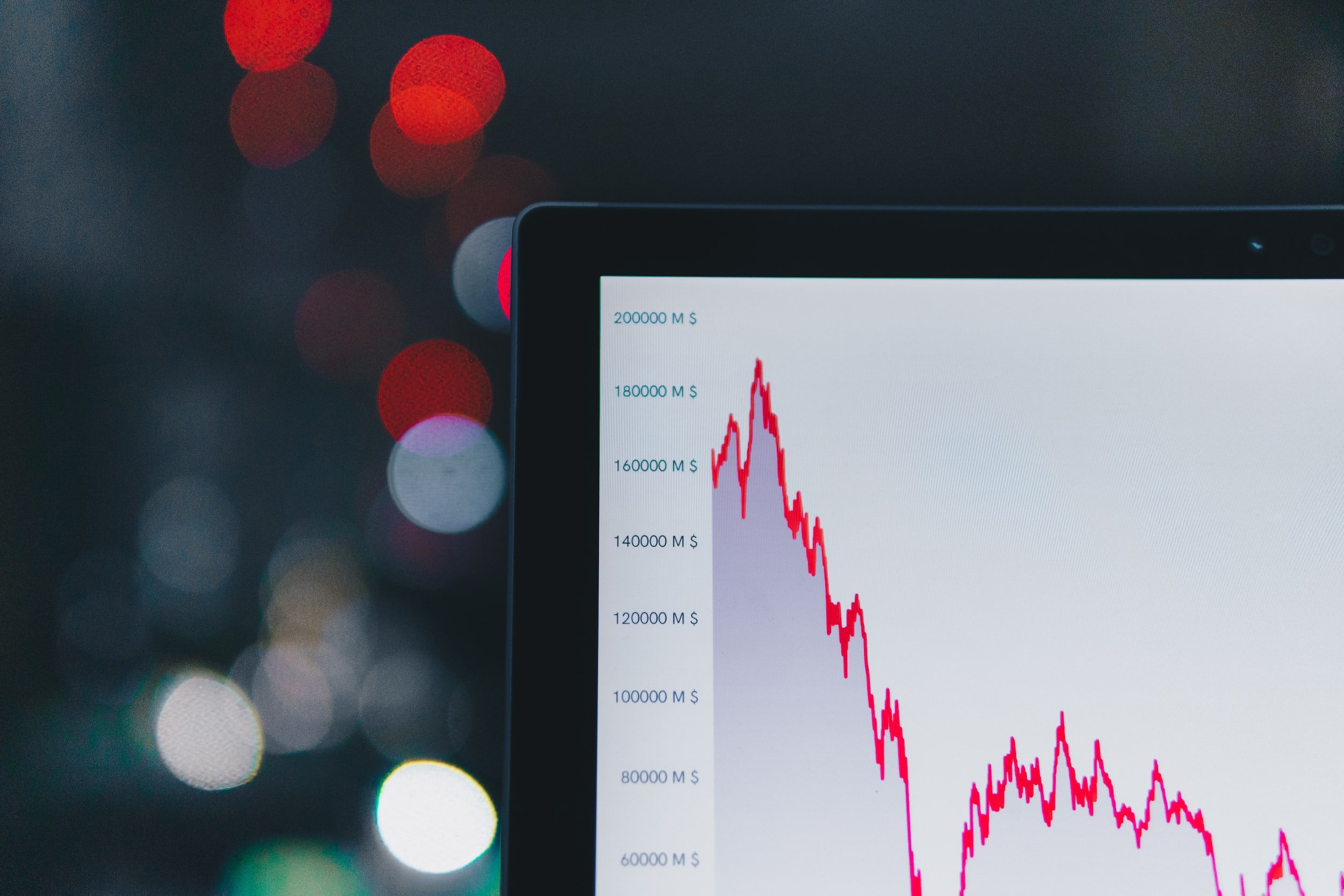The uncomfortable truth about Life Hacks
Have you ever tried a “Life Hack? You know, those inspirational ideas from the internet that promise to make your life easier, save you time, etc?
If you don’t know what I mean Google “best life hacks” and see what comes up. Here’s a few examples:
Store your peanut butter jars upside-down. That way when you want to use it, the peanut butter won’t be dried out at the top of the jar.
Get control over making pancakes by up-cycling a used squeeze bottle and using it to dispense your pancake mix into the pan for perfectly even pancakes.
Always frustrated with trying to get that last bit of Nutella out of the jar? Pour in some milk and make a milkshake!
Helpful? At least they are fun! Well, maybe just that last one. Yum!
The origin of the term “life hack” comes from the world of computing where “hack” means to manipulate a computer program in a skilful and often creative manner; and you can see the spirit of the original meaning in our examples above.
But there’s another type of life hack that I’ve noticed becoming more and more prevalent as I scroll though my social media feeds and I wonder whether this phenomenon is helpful or harmful…
This other type assumes some of the meaning from the examples above - ie, to solve a problem in a quick and creative way - but is potentially harmful to our overall inner contentment. The type of hack I’m referring to? Those related to our physical and/or mental health. Why should these types of life hacks be harmful? Because can we really short cut a way to health and happiness, or are these hacks just a sugar rush that will inevitably lead to a big CRASH?
We live, for better or worse, in a world and time where we can pretty much get anything we want, right here and right now - or at least via “next day delivery.” Is this a good thing? I’m not complaining by the way. It can be very useful. But with everything there is a “yin” and “yang”. For example, by being able to buy fresh strawberries all year ‘round, there must be some serious energy consumption attached to that punnet because strawberries need certain conditions to grow; meaning if it’s not strawberry season when you’re buying them they are either being grown using heat lamps and artificial light, or they are being transported over long distances (which also consumes a lot of energy). All of a sudden those little juicy fruits come loaded with some sort of moral dilemma related to preserving the environment.
So when we see a life hack pop up in our social media feed related to improving our health and vitality, right here and now - “It’s just a click away!” - maybe we should consider what that means?
In my humble opinion, health and happiness is something that is measured and assessed over a period of time, and not something that is achieved via instant or drastic means. If we find ourselves feeling out of balance we should ask ourselves a couple of basic questions:
Is what I’m feeling temporary or have I been feeling this way for a long time?
Is what I’m feeling coming from within me or externally generated?
In answering the first question it helps to understand that life and the universe is always moving and transforming - either in cycles or in waves. For example, day gradually transforms into night and night into day; the seasons cycle from Spring through Summer, Autumn and Winter, and then back to Spring again. Even our moods are like this - at least when we are in harmony - that is, we sometimes feel more “up and about”, whereas at other times we feel more introverted and needing to preserve our energy. This is basic yin and yang theory.
The point is, it’s more natural to go through phases in our every day lives - emotionally, mentally, physically, energetically - than it is to remain static, or stay at just one end of a spectrum. Because that’s how everything in nature works - it has to move and transform; and just as importantly, things have to move and transform naturally and in accordance with their nature! So when we are feeling out of balance, or just feeling tired, sad, frustrated, etc we shouldn’t view this as a bad thing, because those are normal experiences for everyone. What is more important is to notice how long we have been stuck in a particular state of imbalance and/or how violent the shifts between the two opposite phases are.
If a particular state of mind or being has just arisen, let it be. It will transform in its own time. But, if we notice a negative state has been present for longer than it should, then perhaps we should initiate some actions to help it transform. But! We should be careful of moving too quickly or drastically. In other words, if we have been stuck in a negative state for longer, or the negative state is much more out of balance, then, smaller, slower, gentler steps might be more appropriate in helping the transformation back to balance. The alternative to this is to act quickly and more drastically but too much change too quickly can lead to a big crash; or worse, we see an immediate change, but because the change is too much we end up back where we started or even in a worse place. This is because for every action there is a reaction and it is far better for the reaction to be gentler and manageable, than rapid and out of control.
Here’s an example. Imagine you are a kid again and you’re on one of those plank see-saws with a friend. When you are both of roughly equal weight you happily teeter gently up and down, delighting each other with that feeling you get from riding a see-saw. But what if a second, smaller kid jumps on the other end? All of a sudden you end up stuck way up in the air where it’s frightening. Your friend, sensing your fear and wanting to help, jumps off their end. Now you are way heavier because the second kid is much lighter than you are - CRASH! You come down hard and the little kid is also thrown off. This drastic and harmful event could have been solved more gently by your friend slowly sliding up towards the centre of the see-saw until everything evened out a bit more so you could all get off safely.
In our second question about balance - Is what I’m feeling coming from within me or externally generated? - we invite the opportunity to reflect on the source of the imbalance and what that might mean. This is a bit like asking, when something is bothering you or you feel out of harmony who’s “fault” is it? Both of these are trick questions by the way.
In a literal sense we cannot control the situation or events happening around us. So if we are looking for a source to our problems there isn’t one. “Problems” are really just points of view. When a dissatisfactory situation arises it is really our reaction to the happenings around us that causes the imbalance. We always have choices - to remove ourselves from the situation or to initiate a change in the situation. Both of these options are things we can control. If we fail to see that we can end up stuck in dissatisfaction, or we react in a way that makes things worse. In both cases we are really only reacting to our own inbuilt emotional environment and stored biases; and those are both built on past patterns of behavioural reactions.
So, if this is the case, can we hope to seek our solution from external sources? Well, no. Because if the cause is not coming from outside of us, it’s unlikely that the solution also lies there.
Coming back to life hacks, it is easy to be enticed by seemingly powerful quick fix, external solutions - eg, “Do this and you will experience instant and profound effects!” The promise is big change and often for not much effort. Furthermore, we are told we will see results straight away. But all of these promises fly in the face of what we have just explained - that true contentment (ie, balanced transformation and flow) is gentle.
We have become so conditioned to the sugar rush of instant gratification that seldom do we take the time to observe our real state of being. But without cultivating the power of skilful observation how can we know where we are really at in any the aspect of our Self - emotional, mental, psychological, physical, spiritual? And without a base line measurement of Self how can we move smoothly through our lives in happiness and balance; and importantly, how can we know in what way we should act (if at all), and in what measure we should act (if needed), to find contentment and balance?
The act of observation of the here and now is sometimes called “mindfulness” but it is an ancient idea that is common across many Eastern traditions and religions such as Yoga, Buddhism, Taoism, etc. And I think it is no accident that each of these teaches methods and techniques that seek to slow things down, creating conditions of mental stillness from which clarity and insight can arise. In addition they teach us that gratification (as well as aversion) do not lead to permanent satisfaction. In fact, they lead to ultimate unhappiness and dissatisfaction.
So the next time you see a life hack ask yourself why am I enticed by this and take the time to observe and reflect on your current state of being. You might find that there’s a more gentle and long-lasting solution for bringing contentment and balance to your current situation.
If you would like to know more about finding lasting contentment, then feel free to check out our courses that explore the ways various ancient Eastern traditions sought insight into lasting happiness. Just click here.
Love & Light
Jamie


